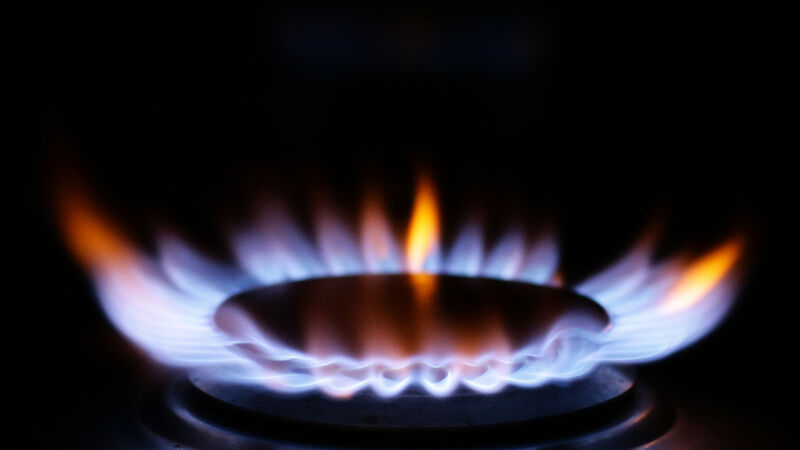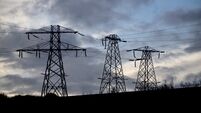Energy prices predicted to stay elevated despite Met forecasts for mild winter

Capital Economics said it expects coal and natural gas prices to stay at elevated levels through the end of year and start to edge down in the following three months.
Forecasts for a warmer-than-normal winter will likely do little to lower elevated energy bills in the coming months, a leading international economics consultancy has said.
Capital Economics said it still expected wholesale prices to stay elevated through December and only start to fall as in previous years in the late winter.














